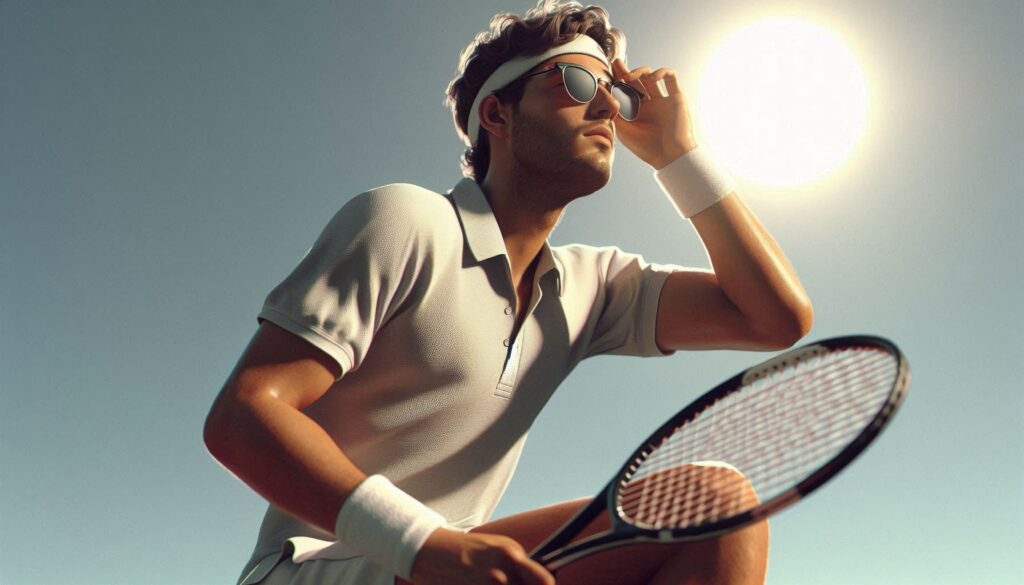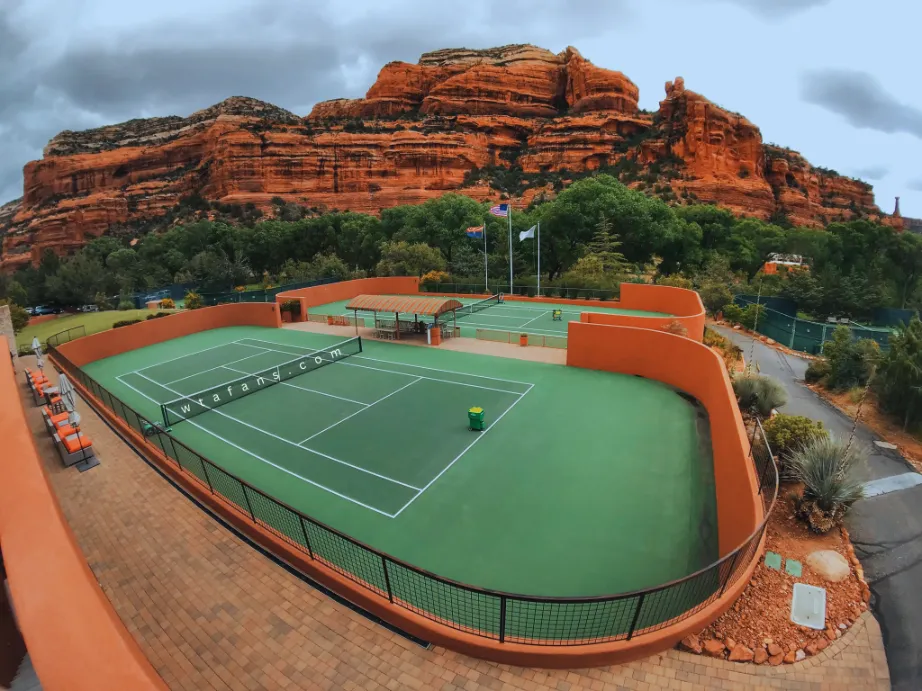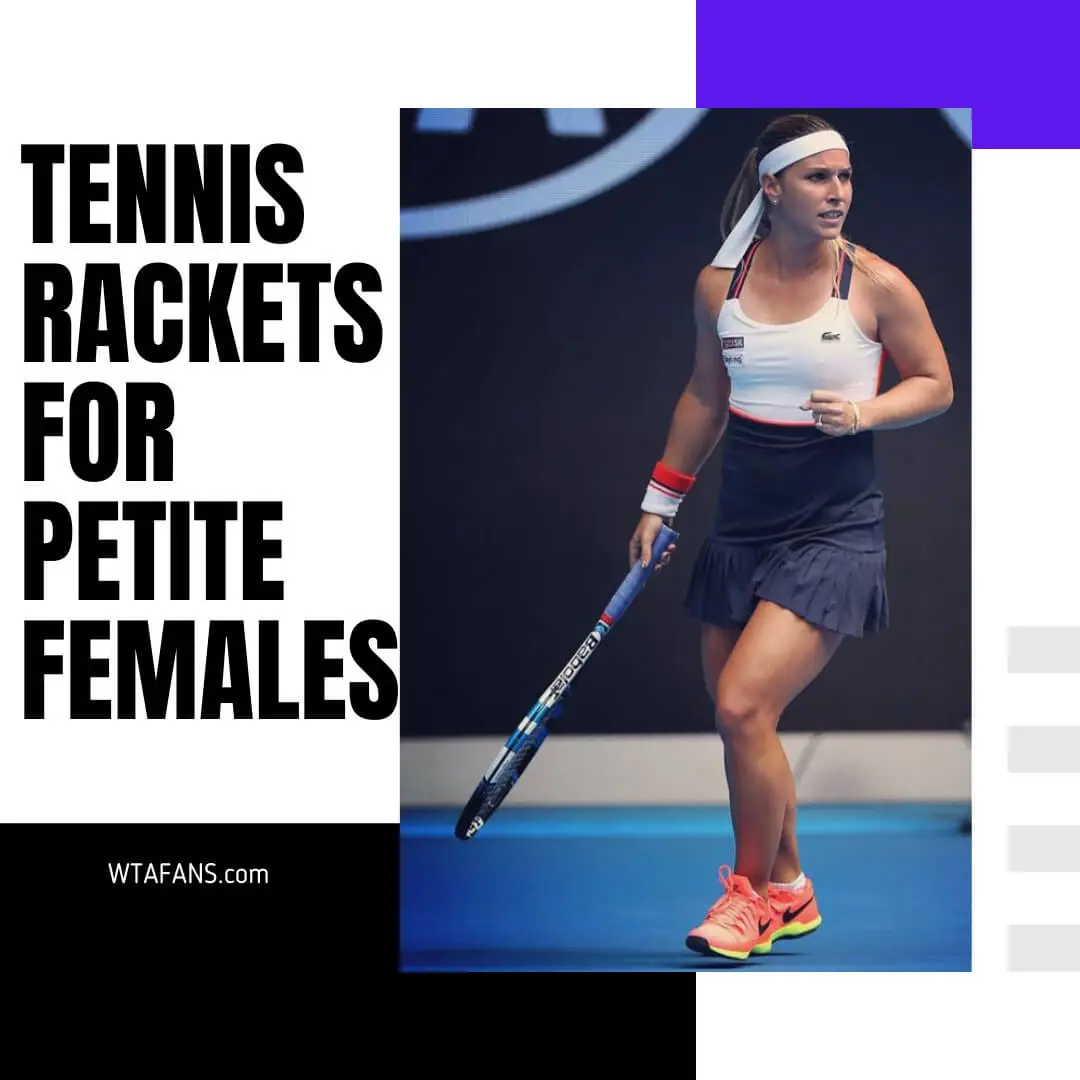Why Don’t Tennis Players Wear Sunglasses?
Tennis is a sport where split-second decisions and precise ball tracking make all the difference. Given that many matches are played under bright sunlight, it might seem natural for players to shield their eyes with sunglasses.

However, several factors, ranging from performance considerations to tradition, explain why most tennis players choose to forgo them.
Precision and Unobstructed Vision
The game of tennis demands impeccable visual clarity. Players must accurately judge the speed, spin, and trajectory of a rapidly moving ball. Sunglasses, even those designed for sports, can sometimes alter color perception or reduce contrast.
Such subtle changes might impair a player’s depth perception, delaying crucial reaction times. In a sport where every millisecond counts, any potential visual distortion is simply not worth the risk.
Controlled Lighting and Court Design
Modern tennis venues are meticulously designed to ensure optimal lighting conditions. Stadiums often feature advanced architectural elements and lighting systems that minimize glare, reducing the need for additional eye protection.
Moreover, match timings are frequently scheduled to avoid the harsh midday sun, while players might opt for hats or visors to deflect excess light.
These measures ensure that players enjoy natural, unobstructed vision without compromising on performance.
Tradition and Aesthetic Considerations
Tennis has a storied history, and its players often embrace a classic, unadorned look on court. The sport’s traditional image values natural athleticism and focus, with many athletes preferring to rely solely on their innate skills rather than external accessories.
While a few players might experiment with eyewear, the prevailing sentiment is that the pure, unfiltered vision is integral to the sport’s heritage and the player’s performance.
Comfort and Practicality
Beyond vision, comfort plays a key role in a player’s choice of gear. The fast-paced, dynamic nature of tennis means that any accessory must be secure and reliable. Sunglasses can sometimes slip, fog up, or require constant adjustment during intense rallies, potentially disrupting a player’s concentration.
Even slight variations in lens quality could result in inconsistent visual feedback, an unwelcome distraction during high-stakes moments on the court.
Specialized Sports Eyewear as an Alternative
For those who do seek eye protection, specialized sports eyewear is available. These glasses are engineered specifically for athletic performance, offering lightweight construction, secure fit, and minimal visual distortion.
Such eyewear can provide effective UV protection while ensuring that the clarity and responsiveness of vision remain uncompromised. This niche solution underscores the emphasis on performance over mere fashion or comfort.
Conclusion
The decision for tennis players to skip sunglasses is a thoughtful one, deeply rooted in the demands of high-level play. By prioritizing natural, unobstructed vision, athletes ensure that their perception of the game remains sharp and accurate.
Whether it’s to avoid potential distortions, take advantage of state-of-the-art court designs, or adhere to the sport’s time-honored traditions, the absence of sunglasses on the court is a calculated choice.
Ultimately, every serve, volley, and rally is executed with the clarity and precision that define the essence of tennis.






